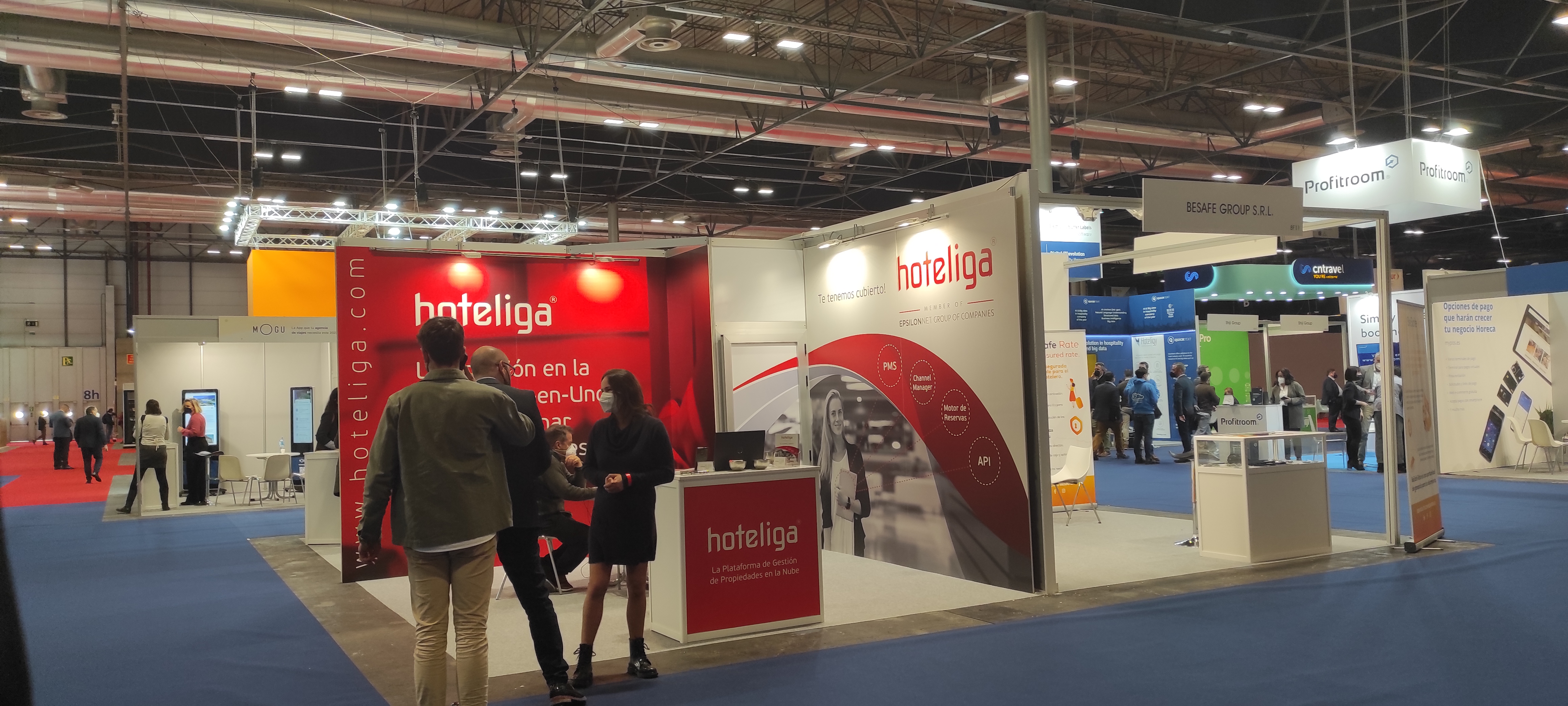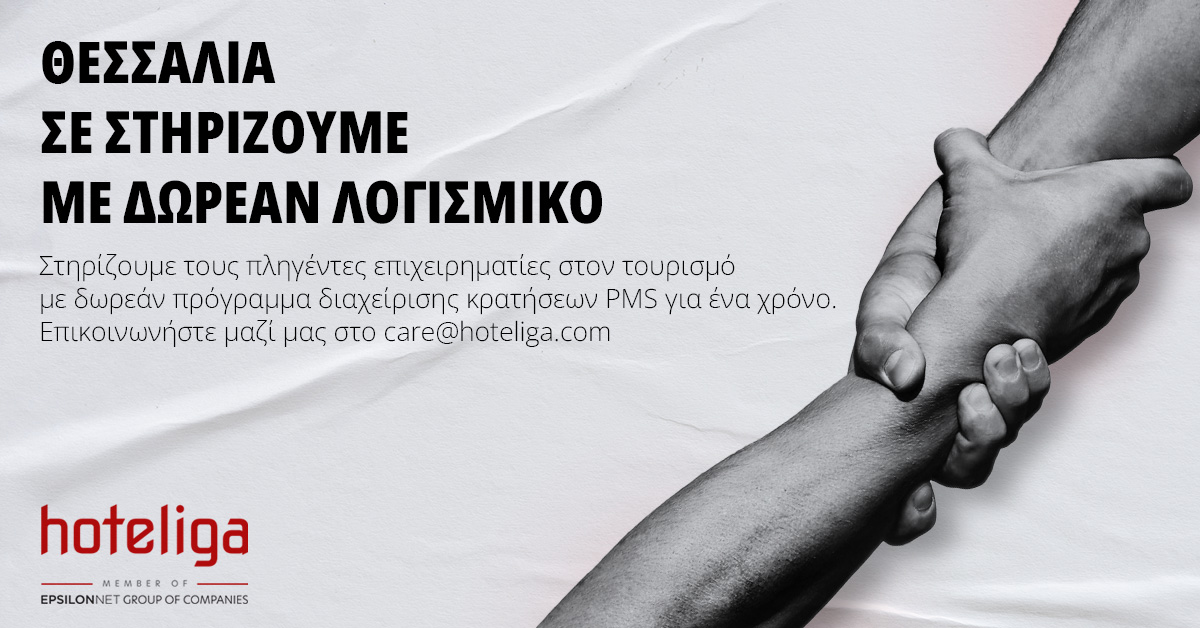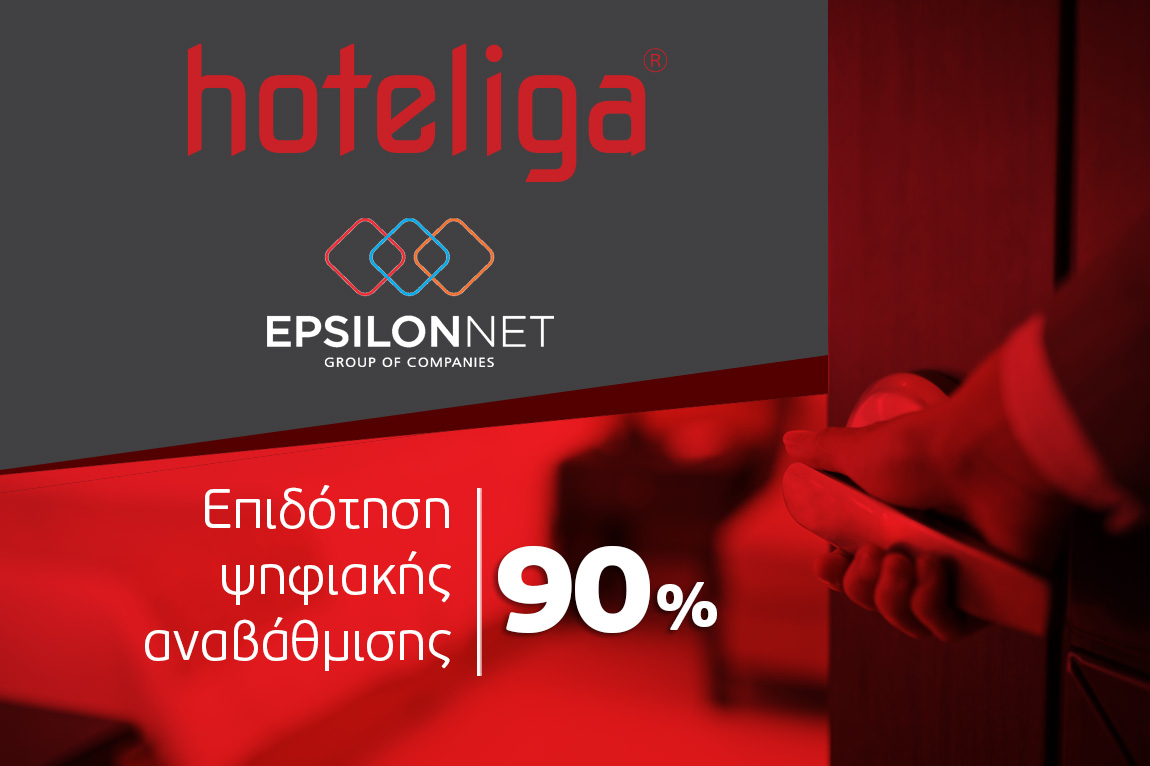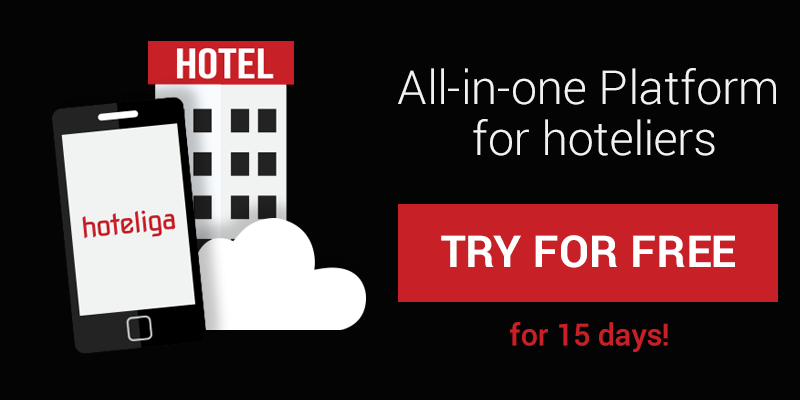
How to Use Guest Data for a Personalized Hotel Experience
What makes a hotel stay personal and memorable? Diligent staff, high standards of service, and clean, high quality amenities certainly go a long way when it comes to impressing hotel guests. But the true key to keeping guests coming back time and time again may actually lie in the utilization of their data.
Personalization is being widely used across the hospitality industry to drive brand loyalty, set hotel chains and brands apart from their competition, and attract and retain loyal guests. This method of engagement is effective, primarily because it makes guests feel special, important and recognized. Studies show that over 70% of hotel guests report having a more positive experience at hotels that use personalization techniques.
Personalizing your guests’ stay may seem like a clear solution, but it isn’t an overnight fix.
Collecting and leveraging data in ways that will truly benefit your hotel organization takes skill and knowledge. Not to mention discretion and a keen eye for data privacy regulations. Here are some tips on how to provide your guests with a personalized experience that they will remember for years to come.
Get to Know Your Visitors
The first step in personalizing your guest experience is fostering a deeper understanding of who your guests are on an individual level. It can be challenging to get to know thousands of visitors individually. But utilizing data in your favor can streamline the process and give you much more information to work with.
Collecting data on your hotel guests enables your business to create comprehensive profiles that tell you who your guests are. And which aspects of their past stays with you impressed them the most. You can use these insights to impress them continuously in the future, ensuring that they continue to bring their business your way.
There are three main challenges involved with collecting data on hotel guests:
- The challenge of obtaining the data
- The process of deciding which data to use
- The challenge of choosing the right actions to personalize the guest experience
Using Big Data to Your Advantage
Research has shown that by 2020, our digital world had exploded to a size in excess of 44 zettabytes—that’s 44 trillion gigabytes—worth of data. This means that there is plenty of data available on virtually every subject on the planet, including your hotel guests.
Some of the most valuable data relating to personalization is internal data that comes from within your hotel itself. These are some of the best sources to draw from when your organization starts to build guest profiles:
- Customer service records, including past requests and complaints
- Surveys that show guests’ preferences and dislikes
- Personal identity forms that include names, genders, careers and locations
- Guest purchase histories
- Guests’ internet browsing behaviors
- Past marketing engagement and marketing materials that each guest has shown interest in
- Loyalty program data, including the number of points your guests have earned and how they have chosen to redeem them
Different sources of data will benefit your business in different ways. So, the key to using data to your advantage is to locate the sources that best suit your hotel’s needs. Once you have done so, collect the data you require and store it in a secure, encrypted database to keep it safe and protect your guests’ identities.
You may also consider developing a customer care capture strategy that sets out guidelines for how guests’ data is collected and used. From there, draw up a customer care policy and assign an experienced manager to enforce it.
Anticipate Your Guests’ Needs
Not all guest data is created equal, and some will prove more useful to you than others. It’s important to identify which customer information really matters to your hotel and which is less useful in the long run. This will guide your data extraction efforts and ensure that your hotel focuses its resources where they matter the most.
Once the most useful data is extracted, it needs analyzing to detect crucial patterns in guests’ activities and relationships with your brand.
How do your guests pay for their rooms, and how do they book them?
Do they use rewards points to fund their purchases, or do they pay with credit cards or debit cards?
Do many of them come from specific areas, or for specific purposes?
The data analysis process includes the inspection, organization, transformation, and modeling of data to uncover important guest patterns and interactions. You can perform this analysis according to each stage of a guest’s journey, from booking and paying to checking in, staying, checking out, and returning.
A study by McKinsey found that customer journeys are up to 40% more predictive of customer satisfaction, so assessing data from a journey perspective can be beneficial.
It’s important to bear in mind that this approach may not be perfectly suited to your hotel. There are other methods that are an option too. The trick to performing effective data analysis is to choose an approach that suits your business’s needs and to use your hotel’s goals to power the process. Start by testing a few and ranking them according to ROI so that you can choose the most beneficial strategy for your establishment.
Making the Data Work for You
Once you’ve collected and analyzed your data, the next step in the process is to use it to personalize guests’ experience at every point in their customer journeys.
You can do this before they check in by using targeted advertisements to identify potential guests and send them relevant marketing messages to drive them to your booking channels. Engage your web visitors with features like live chat to gain even more insights into their preferences. Use guest location data to provide them with transportation suggestions, and send them messages when their rooms are ready based on their check-in dates.
During their stay, use their data to recommend enjoyable activities nearby, send them custom coupons for hotel facilities, and meet their personal in-room preferences. Use mid-stay messages to obtain actionable feedback before your guests leave.
Once they are ready to check out, confirm that they enjoyed their stay and request additional feedback. You can ask them to fill in a questionnaire that covers everything from the standard of service to whether the bed was comfortable. Even the smallest details make a difference to guests, and knowing these allows you to act and potentially improve on them.
Use past guest information to re-engage customers online by sending reminders, birthday wishes, and other personalized messages. You can also send other useful information to guests to engage them, including details about unique and exciting upcoming events in your area.
Making Data Work For You—and Your Guests
Every interaction your hotel has with a guest provides it with an opportunity to gain valuable insights into your target audience and get to know them better.
This data can help to personalize the guest experience and upgrade your hotel experience from satisfactory to truly memorable.
Author: Ellen Klein














